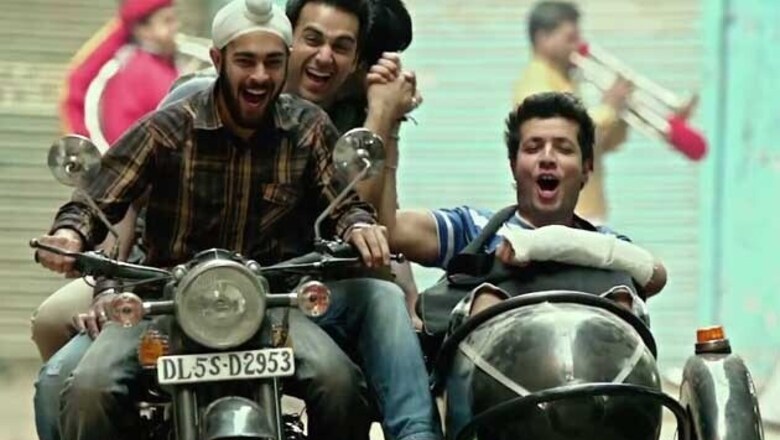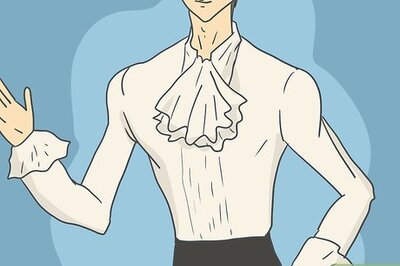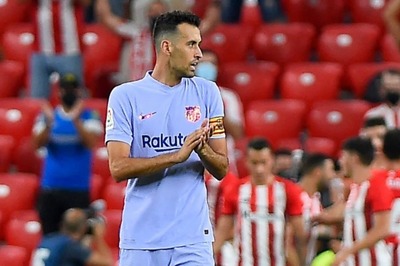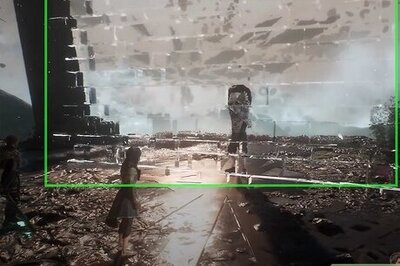
views
New Delhi: The awards season is upon us and this is the time when the best of Indian cinema is judged, reviewed rewarded for entertaining us in the past year. 2013 has seen a mixed bag of films comprising both popular and art house cinema. In our maiden initiative, we have selected nominees in various popular categories and will let our readers decide the outcome. It is a month long poll, so go ahead and vote for your favourite performers of 2013.
They say that a film takes a shape only at the editing table. We have seen many films that were brilliantly shot and written, but then there came an editor who just didn't get along with the director's vision and ultimately the venture failed to impress the audience. However, in this category, we are talking about those divine interventions which got along with the pre-production team and brought cohesiveness in a story. Here are our five nominees in the Best Editing section.
Chandrashekhar Prajapati (Madras Cafe): When you are making a political thriller then you need someone who can understand your sensibilities and ideological leanings. Shoojit Sircar's previous film 'Vicky Donor' was of a completely different nature, but Prajapati had to pick the 'entertaining' ideas from that. Plus, it was intended to be a thriller, so the length also mattered. We have chosen Chandrashekhar Prajapati for walking the tight rope between a serious and entertaining film.
Anand Subaya (Fukrey): No director dares to go for a film which has at least five principal characters without taking the service of a good editor. Anand Subaya came to Mrighdeep Singh Lamba's rescue for a film which had to give enough screen space to every character without stretching the humour. Further, 'Fukrey' was shot in some by-lanes where the claustrophobic feel had to be substituted by an effervescent feel. Subaya did that with ease and 'Fukrey' won the audience's hearts.
Arindam Ghatak (Go Goa Gone): Don't go on the theme of the film. Just think in your mind, 'Wasn't it a sleek and smart film?' The Hindi film industry had never dealt with zombies at such a level in the past. Once again, it had several characters at the helm of affairs. Yes, the basic premise was limited area wise, but still the canvas had to be displayed in order to give the spectators a feel of the mise-en-scene. In addition to it, the editor cut the facial expressions at the right moments without getting carried away.
Aarif Sheikh (D-Day): The film started making buzz with the release of its first trailer, and there onwards 'D Day' continued to flaunt the momentum. Nikhil Advani's film was a 'hat ke' take on Indian spies living in Pakistan. These agents were not as smart as Hollywood agents, but they knew their work, but it was a film which had to capture the idea in a profound way, simply because it wasn't any other Bollywood pot-boiler. Just remember the scene where a bomb blast takes place in Karachi, but we don't hear any sound. The third person eye view becomes the highpoint of the film, and Aarif Sheikh was the one responsible for this after-effect.
John F Lyons (The Lunchbox): From the beginning to the end of, 'The Lunchbox' maintained a perfect emotion graph. Overall, it was a feel good film, but the story had its share of melancholy, curiosity, happiness and tragedy. Every plot point invoked a new kind of feeling which lasted just till the next sequence. No feeling overlapped the other. You remember the Dabbawallahs singing in a local train or for that matter the climax where you wished it to not finish for another two minutes. But, by doing so, the editor involved you into the film, no?
####
IBNLive Movie Awards: Nominees for Best Editing



















Comments
0 comment